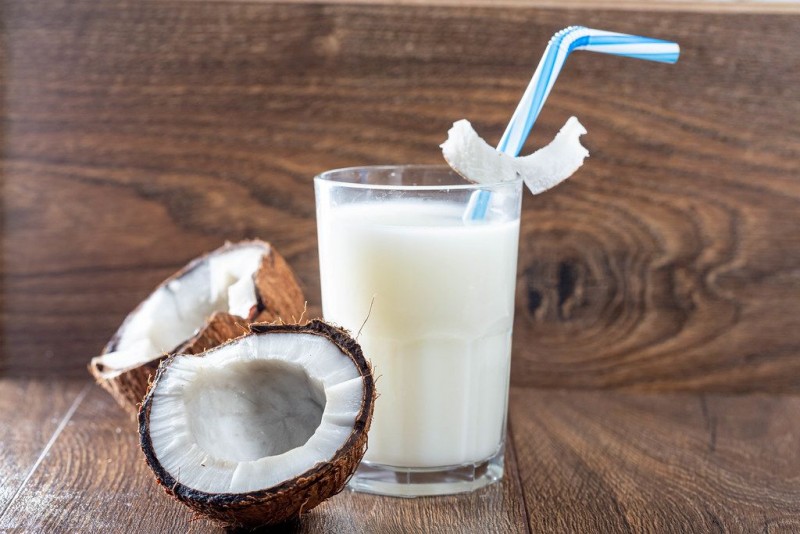
Does Eating Coconut Raise Cholesterol? When it comes to maintaining healthy cholesterol levels, dietary choices play a crucial role. One food item often debated is coconut. Many wonder whether eating coconut can raise cholesterol levels due to its coconut oil content. Let’s dive into the facts and clear up the confusion.
Coconut and Cholesterol: What’s the Truth?
Coconut is frequently associated with raising cholesterol levels because it contains coconut oil, which is high in saturated fats. However, the relationship between coconut consumption and cholesterol isn't as straightforward as it may seem.
Nutrient-Rich Benefits
Coconut is packed with nutrients, including phenols and antioxidants, which can be beneficial for heart health. Phenols are compounds known for their ability to reduce oxidative damage in the body. By combating oxidative stress, these compounds help to maintain healthy cells and can indirectly support better cholesterol levels.
Antioxidant Power
The antioxidants in coconut can contribute to a healthier cholesterol profile. They help reduce oxidative damage, which is a risk factor for high cholesterol. By mitigating damage at the cellular level, coconut may play a role in maintaining a balanced cholesterol level.
The Role of Coconut Oil
Pure coconut oil, like the coconut itself, contains beneficial properties. However, its health benefits can diminish when it is used for cooking methods such as roasting, frying, or heating at high temperatures. These cooking methods can alter the composition of the oil and potentially negate its positive effects on cholesterol.
Moderation is Key
Like with many foods, moderation is essential. While coconut and its oil have their benefits, consuming them in excessive amounts can lead to an increase in saturated fat intake, which may impact cholesterol levels. It’s important to balance your diet and include a variety of foods that support heart health.
Eating coconut does not automatically lead to higher cholesterol levels. In fact, its antioxidant properties and phenols may help maintain healthy cholesterol levels. The way you use coconut products matters, so aim to incorporate them in a balanced diet and avoid excessive heating to preserve their health benefits.
Latest Updates:
THESE 8 Veg Foods to Treat Calcium Deficiency Quickly: How They Work
Eat Makhane Daily and Get Rid of Not Only Indigestion, But Also....
Follow This Trick: Cut Out Processed Sugar for 30 Days and See These Benefits